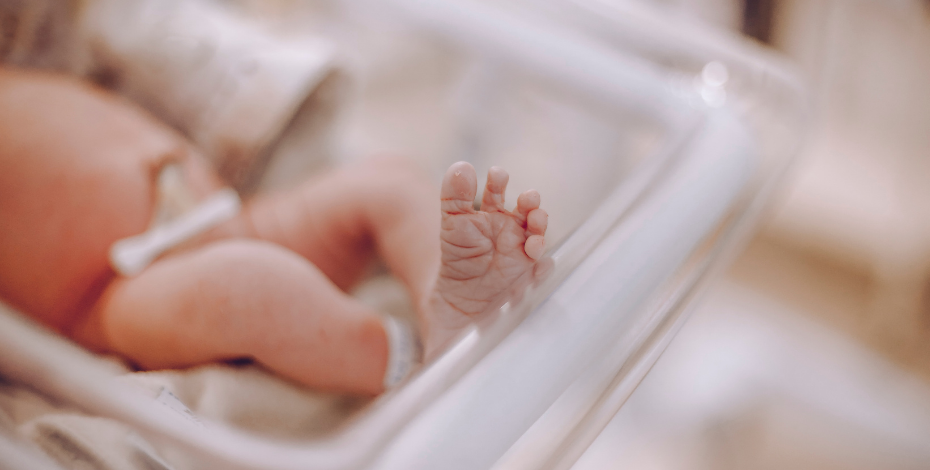
The Australian Physiotherapy Association (APA) is calling on parents to speak up about their ‘not-so-positive’ birth experiences during this year’s Birth Trauma Awareness Week.
Birth is not always the joyful and empowering experience seen in the media, and the ongoing impact of a traumatic birth can be devastating for some parents.
APA Women’s, Men’s and Pelvic Health Group National Chair Jason Crow says that it’s a two-fold trauma for many who have a negative experience with birth.
“Birth trauma can be physical or psychological. We see so many women experience severe physical side effects including perineal tears, pelvic floor muscle damage, prolapse, and pelvic fractures, but the psychological effects are just as traumatic. Post-natal depression, anxiety and post-traumatic stress disorder can last anywhere from months to years after the fact, and it’s rarely talked about,” he said
“Many of these symptoms do not become apparent until after the six week check-up appointment, and there is often limited knowledge of and access to the right healthcare professionals.
“Physiotherapy has been proven to play an important role in the physical recovery from birth trauma – typically for symptoms such as urinary and faecal incontinence, prolapse, sexual dysfunction and musculoskeletal pain.
“The 2021 release of the Australian Clinical Care Standards on Third and Fourth Degree Perineal Tears recommends that health service organisations ensure access to services such as physiotherapy.
“We simply cannot underplay the importance of physical AND mental health. We want parents, whether it be their first child or they’ve been through it before, to speak up about their experiences. It’s a difficult conversation to have, but a women’s health physiotherapist can help you manage the effects of traumatic births, educate you on and around treatment and guide you through your recovery,” Jason said.
Emerging research is also supporting physiotherapy’s role in mental health with baby handling, massage and exercise all strengthening the mother-baby bond.
The Australian Birth Trauma Associations’ CEO Amy Dawes agrees: “Often women don’t seek support until months after birth, and they may have put up with the ongoing physical symptoms because they’ve been dismissed by their care provider as being ‘normal’. It is quite common for women’s health physios to be the first health practitioner that validates their feelings and helps them start moving toward recovery. We simply cannot underplay the importance of physical and mental health.”
The APA stands with the Australasian Birth Trauma Association’s 2020 petition for Federal and State Governments to provide better access to physiotherapy for all birthing women in Australia.
-ENDS-
Jason Crow is available for further comment.
For further information, please contact:
Manager, Media and PR
Tel: 03 9092 0838
Email: media@australian.physio
Related tags
